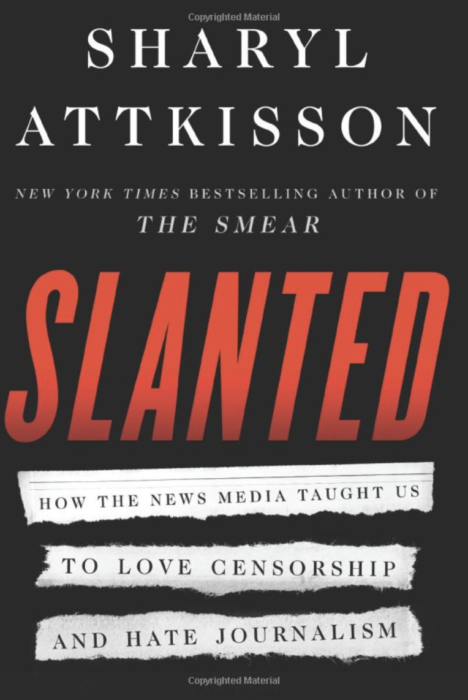A new “Dear Colleague” letter from Christoph Diener from the Department of Neurology at the University of Duisburg-Essen in Germany examines the risk of dangerous brain blood clots after Covid-19 vaccination.
According to Diener, when he wrote his public letter, there were about 100 cases of “cerebral venous sinus thrombosis” detected following COVID-19 infection in Europe. (It seems as though he might mean they were reported after “vaccination” rather than “infection,” because later in his letter he says blood clots in people after Covid-19 infection are more common than in people after Covid-19 vaccination.)
In any event, he says the majority of the blood clots occurred after vaccination with the AstraZeneca vaccine (which is not currently being used in the U.S.).
He then noted that 12 cases were reported as of more than a month ago in the U.S. after the Johnson and Johnson Covid-19 vaccine.
As with most analyses of medicine side effects, Diener makes the case that any of the identified risks with Covid-19 vaccines are less serious than risks of Covid-19. However, scientists say that is not the case for every individual or age group.
Further, many of the analyses examine one side effect at a time and conclude that the risk is not too great. But there are typically no detailed analyses looking at the combined risk of all of the newly-identified side effects, whether they be risk to frail elderly, heart issues or blood clots.
Israel’s Ministry of Health has announced a team to look further into a “probable” link between Pfizer/BioNTech’s Covid-19 vaccine and heart inflammation, particularly in male teens (who scientists say are at a statistically zero risk of serious illness from Covid-19 itself.)
In the U.S., the CDC has announced it’s looking into reports of heart issues, particularly in young people, after Covid-19 vaccination. All of the Covid-19 vaccines in use in the U.S., plus the Astra Zeneca vaccine not being administered in the U.S., have been linked to potential heart problems, including blood clots.
Previously, Brazilian states suspended use of the AstraZeneca Covid-19 vaccine for pregnant women, and Denmark stopped use of both AstraZeneca and Johnson and Johnson Covid-19 vaccine.
In Norway, health officials examined the deaths of 29 elderly after Covid-19 vaccine and concluded that the vaccine may push frail or ill people over the edge. The country now recommends the vaccine be used with caution or not at all in the fail elderly.
Here are a few more stats about brain blood clots after Covid-19 vaccination (from the new letter):
In Germany, 62 cases of cerebrovascular events after COVID-19 vaccination were identified up until mid-April 2021.
Forty-five cases of cerebral venous thrombosis were identified; 82% following AstraZeneca vaccination, 18% after Pfizer-BioNTech, and no cases after Moderna.
Of these patients, 78% were females, 80% were below the age of 60, and 58% had antibodies against platelet factor 4, which highlights the underlying relationship.
There were no cases of positive antibodies in patients with cerebral venous thrombosis who received the Pfizer-BioNTech vaccine.
Read the entire letter by Diener below.
The Latest on a Rare Complication of COVID-19 Vaccines
At the time of this recording, about 100 cases of cerebral venous sinus thrombosis following COVID-19 infection have been described in Europe. The majority of these occurred after vaccination with the AstraZeneca vaccine. On May 1, 12 cases were reported in the United States following vaccination with the Johnson & Johnson vaccine. Both of these vaccines are vector-based.
The mechanism behind postvaccination cases of thrombosis or thrombocytopenia was elucidated by a research group in Greifswald, Germany. They found that these patients develop antibodies against platelet factor 4, which leads to thrombocytopenia and an increased risk for venous thrombosis, in particular sinus venous thrombosis. The new term for this condition is “vaccine-induced immune thrombotic thrombocytopenia.”
In Germany, 62 cases of cerebrovascular events after COVID-19 vaccination were identified up until mid-April 2021. Forty-five cases of cerebral venous thrombosis were identified; 82% following AstraZeneca vaccination, 18% after Pfizer-BioNTech, and no cases after Moderna. Of these patients, 78% were females, 80% were below the age of 60, and 58% had antibodies against platelet factor 4, which highlights the underlying relationship. There were no cases of positive antibodies in patients with cerebral venous thrombosis who received the Pfizer-BioNTech vaccine.
The important news is that there is an increased risk for sinus venous thrombosis in females irrespective of age, but there is no increased risk in males. However, we must remember that the risks of a COVID-19 infection — for example, death or having severe consequences — are much higher than the risk for sinus venous thrombosis. And the risk for sinus venous thrombosis is 10 times higher in those with a COVID-19 infection compared with receiving the COVID-19 vaccine.
Therefore, I think the bottom line is, if our healthcare system has a choice, then perhaps females should be vaccinated with the Pfizer-BioNTech or Moderna vaccines, whereas in males it doesn’t really matter.

To help fight government overreach, support Attkisson v. Dept. of Justice/FBI over the government computer intrusions. Click here to support.








